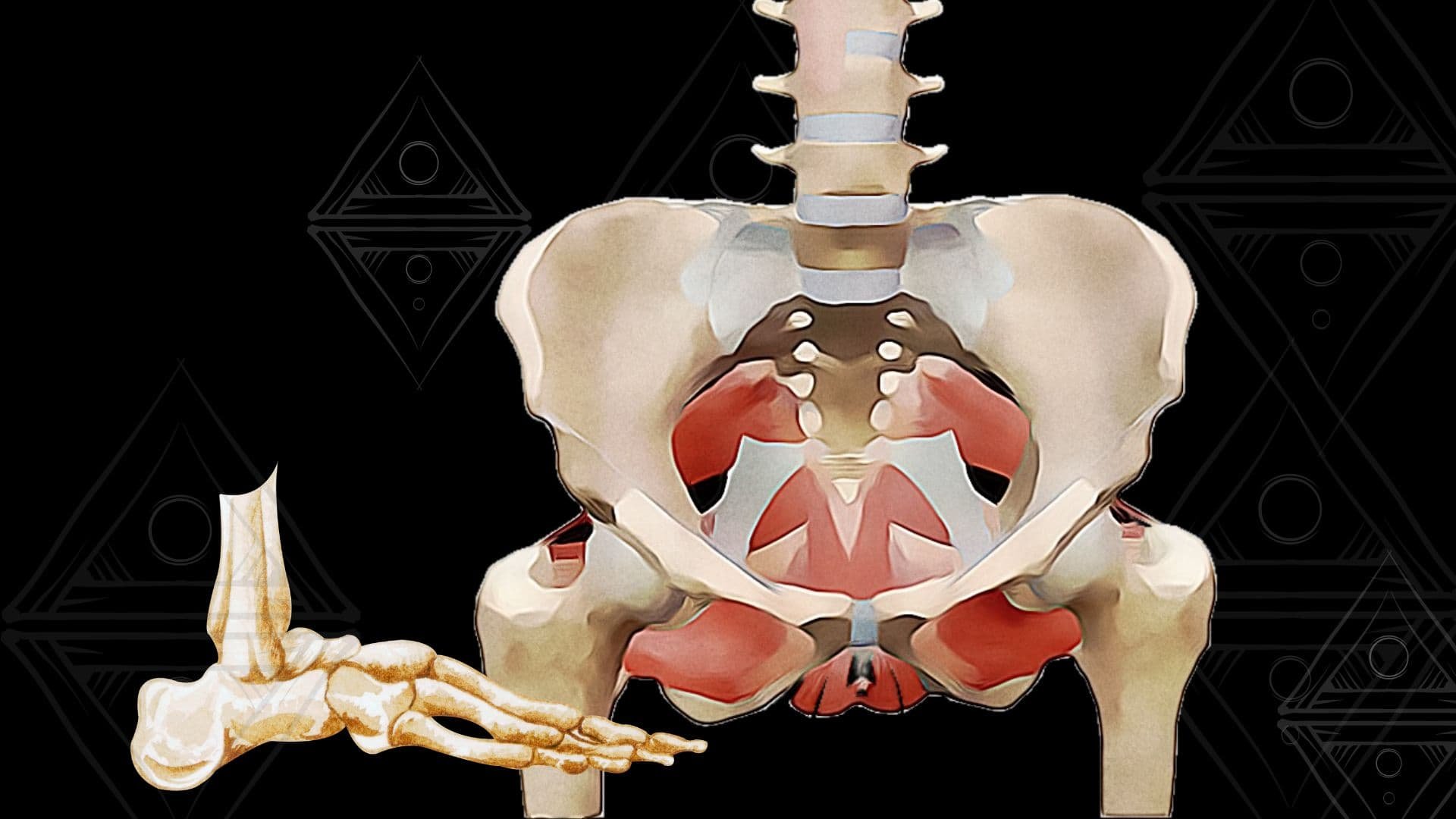9 TED Talks On Neuroscience That Will Inform, Inspire & Move You
TED talks are healthy snacks for the curious mind!
—Buffy Owens
This blog post is consistently one of my most popular posts. I first posted it nearly five years ago. Recently, I revisited several of the TED Talks I share here. I still love them. If you haven’t watched them yet, or if it’s been a while, I highly recommend diving in and watching a few that call your attention.
Neuroscience and neuroscientists seem to be a popular staple of TED. As a Feldenkrais Practitioner, I am interested in anything related to the nervous system — how we move, think, sense, and feel. Plus, I’m completely intrigued by ideas that explore how we shape our internal and external environments. So as you can imagine, TED is basically brain porn for me.
There have been so many excellent TED topics, and I wanted to collect some of my favorites in one spot (i.e., this post). Mind you, this list isn’t complete. It’s a tiny taste of the TED goodness that stimulates my mind.
I Hope That You’ll Join The Conversation.
These talks span nearly 2.5 hours of delicious presentations. You’re welcome to go on a bender and watch them all in one sitting, or bookmark this page and slowly work your way through them. Either way, I hope you’ll join the conversation by leaving a comment below and responding to others' comments.
#1
The Real Reason For Brains
Daniel Wolpert | Length: 19 Min. 59 Sec.
This TED talk by neuroscientist Daniel Wolpert on how the brain controls movement is probably one of my favorite talks.
His illustration of the uselessness of a brain in a body without movement in the sea squirt, which spends the first part of its life as an animal moving around and the second part attaching itself to a rock, is the inspiration for my "Keep Your Brain, Keep Moving" design.
#2
Neuroplasticity
Lara Boyd | Length: 14 Min. 24 Sec.
In this T.E.D. talk, Dr. Lara Boyd describes how neuroplasticity gives you the power to shape the brain you want.
Dr. Boyd discusses three contributing aspects of neuroplastic change — chemical, structural, and functional changes. She also delves into our individual uniqueness and the impact that can have on medical interventions.
#3
Stroke Of Insight
Jill Bolte Taylor | Length: 20 Min. 11 Sec.
I have probably watched this video more than a dozen times and have a copy of her book, My Stroke Of Insight — which I highly recommend.
Neuroanatomist Jill Bolte Taylor had an opportunity few brain scientists would wish for a massive stroke. This is a powerful story about how our brains define us and connect us to the world and one another.
#4
The Divided Brain
Iain McGilchrist | Length: 11 Min. 47 Sec.
In this video, renowned psychiatrist and writer Iain McGilchrist explains what the 'divided brain' is and is not and how it has profoundly altered human behavior, culture, and society.
From a Feldenkrais perspective, this video can stimulate your own exploration—from one-sided Awareness Through Movement lessons to contemplating Moshe's writings about the cultural and environmental impact on individual development.
#5
Your Body Language
Amy Cuddy | Length: 21 Min. 02 Sec.
There is no separation between body and mind. In fact, body language affects how others see us and has a profound impact on our endocrine and neurological systems.
In this talk, social psychologist Amy Cuddy shows how "power posing"—standing in a posture of confidence, even when we don't feel confident—can affect testosterone and cortisol levels in the brain and might even impact our chances for success.
#6
How To Make Stress Your Friend
Kelly McGonigal | Length: 14 Min. 28 Sec.
Stress often gets a bad rap. But, in this talk, psychologist Kelly McGonigal urges us to see stress as a positive and introduces us to an unsung mechanism for stress reduction: reaching out to others.
#7
How To Stay Calm When You Know You'll Be Stressed
Daniel Levitin | Length: 12 Min. 20 Sec.
Your brain has evolved over millennia to release cortisol in stressful situations, inhibiting rational, logical thinking. But that exact brain mechanism is a vital part of human survival.
Neuroscientist Daniel Levitin thinks there's a way to avoid making critical mistakes in stressful situations when your thinking becomes clouded — the pre-mortem. "We all are going to fail now and then," he says. "The idea is to think ahead to what those failures might be."
#8
Food For Thought
Ruairi Robertson | Length: 14 Min. 30 Sec.
Our bellies and brains are physically and biochemically connected in several ways. The state of our intestines can alter the way our brains work and behave, giving a whole new meaning to 'Food for thought'’
Ruairi Robertson is a nutritionist, microbiologist, and neuroscientist. He studies the link between our bellies and brains and how our diets influence physical and mental health.
#9
Why Do We Sleep?
Russell Foster | Length: 21 Min. 46 Sec.
Russell Foster is a circadian neuroscientist who studies the brain's sleep cycles. And he asks: What do we know about sleep? Not a lot, it turns out, for something we do with one-third of our lives.
In this talk, Foster shares three popular theories about why we sleep, busts some myths about how much sleep we need at different ages — and hints at some bold new uses of sleep as a predictor of mental health.
RELATED POSTS











